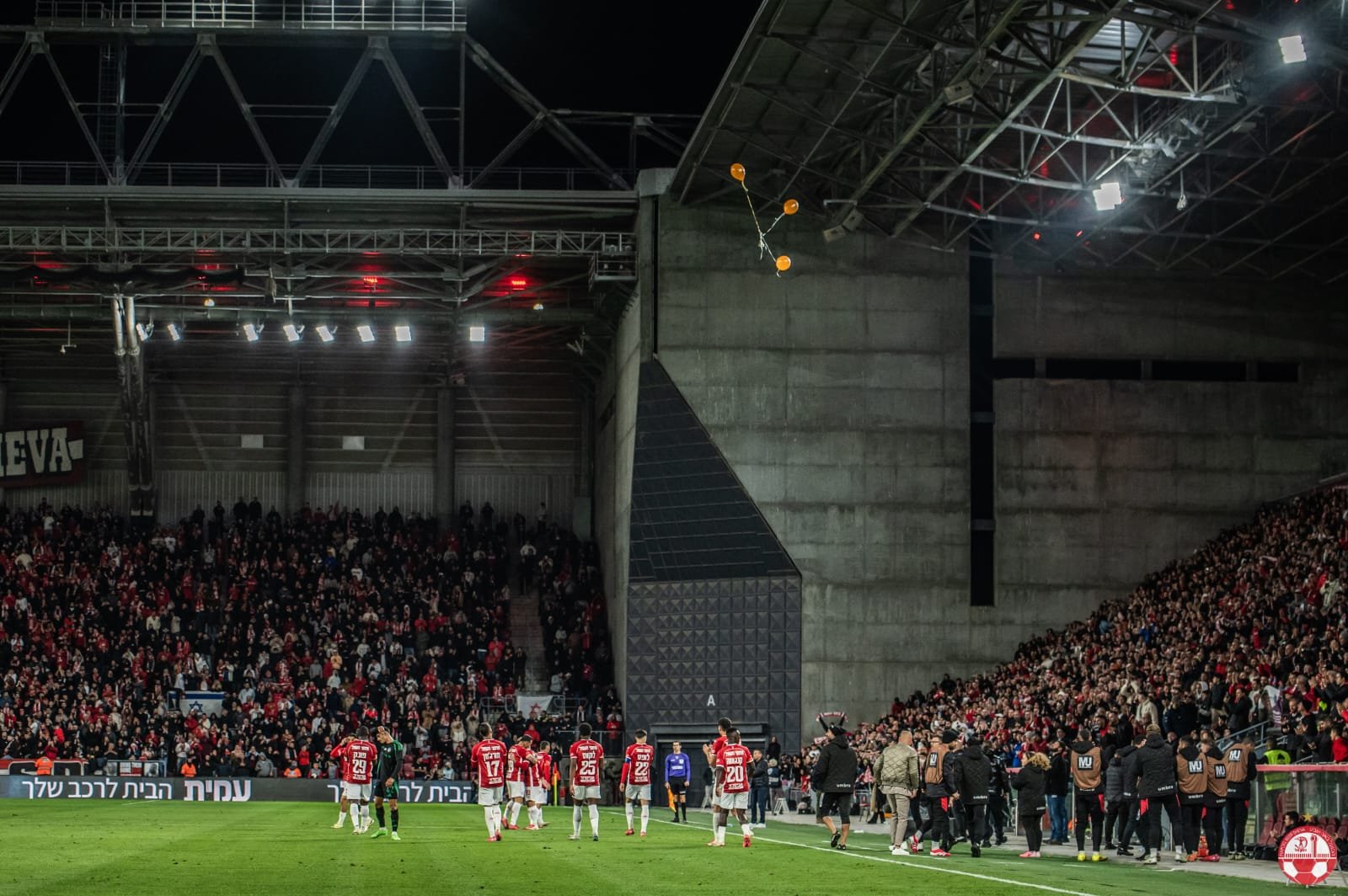History was made on Sunday when Dia Saba signed for Al-Nasr Dubai and became the first Israeli player to play in an Arab country.
Who is Dia Saba, and can he fulfil the expectations of his new Emirati club?
Dia Saba was born in Majd al-Krum, an Arab city in the North of Israel. He began to play in Hapoel Haifa, but at the age of 15, he left for Beitar Tubruk, who was one of the best youth academies in Israel. As the club has no senior team, its main goal is nurture the players, and sell them to other clubs.
Saba's first senior team was Maccabi Tel Aviv, but he barely played there. He was loaned repeatedly to other clubs until he signed for Maccabi Petah Tikva in 2013. He made his first steps as a player in the first XI, including a call up to the U21 national team to the U-21 Euro that was played in Israel. Yet, he decided to look for a new challenge, and he found it in Maccabi Netanya. At the end of his debut season in Netanya, Saba suffered from an ACL injury, which made him miss almost the 2015-16 season. Netanya was relegated to the second division, but Saba didn't leave the team.
In 2016-17, Saba made his breakthrough season. While Maccabi Netanya promoted easily back to the top division, Saba was one of the team's key players with 17 goals. He kept his scoring record also in the next season when he scored 24 goals and finished as the Ligat Ha'Al top scorer. His outstanding season led him to get the first call-up to the senior team in 2018 and later became a vital part of the squad when the new manager, Andreas Herzog, was appointed.
In September 2018, Saba got a new price tag – $5 million. Hapoel Beer Sheva, the reigning champions back then, decided to buy him. He didn't play for a long time there, but his scoring record was quite impressive with four goals in 17 matches. After four months, his release clause, which was also $5 million, was paid. Saba left Israel for the first time and joined Eran Zahavi in Guangzhou R&F.
The spell in China was a bit different for Saba. Unlike in the previous seasons, Saba had to get used to the fact that he is not the leading striker of Guangzhou R&F. Saba still had a chance to have another double-digit scoring season. While Eran Zahavi broke a Chinese record with 29 goals, Saba scored 13 goals. The two Israelis scored a combined number of 42 goals out of the team's 54 goals.
After Zahavi left China to PSV Eindhoven, it was expected that Saba would take the lead. Saba scored four goals, but like Zahavi, he wanted to leave R&F as well. The complicated situation in the Chinese League, living in an isolated hotel, especially after his Israeli teammate left, made his desire to leave even more dominant. Unlike Zahavi, Saba wasn't released during the international break, but it was clear that he is getting closer to the next destination.
Saba's move has a lot of political issues behind the scenes. Although Saba is an Arab-Israeli, it would be a surrealistic image of an Israeli playing in the UAE. This transfer could happen after the recent normalization agreement that was signed between the countries. Saba wouldn't face any problems traveling to other Arab countries with no diplomatic relations with Israel, as Al-Nasr hasn't qualified for the AFC Champions League at the next season.
For Al-Nasr, it will be an opportunity to have a prolific scorer. In the last two seasons, the team's top scorer was Álvaro Negredo, who scored 25 goals in 36 league matches. After the Spaniard returned home, Saba can take his place. It will be interesting to see the new combination between the local players and their new Arab speaking teammate.
As the first Israeli player to play in an Arab country, Dia Saba will have a chance to change the whole football scene in the Middle East. Will he be the pioneer for more Emirati-Israeli connections?
Photo via Al-Nasr Dubai official media channels.








